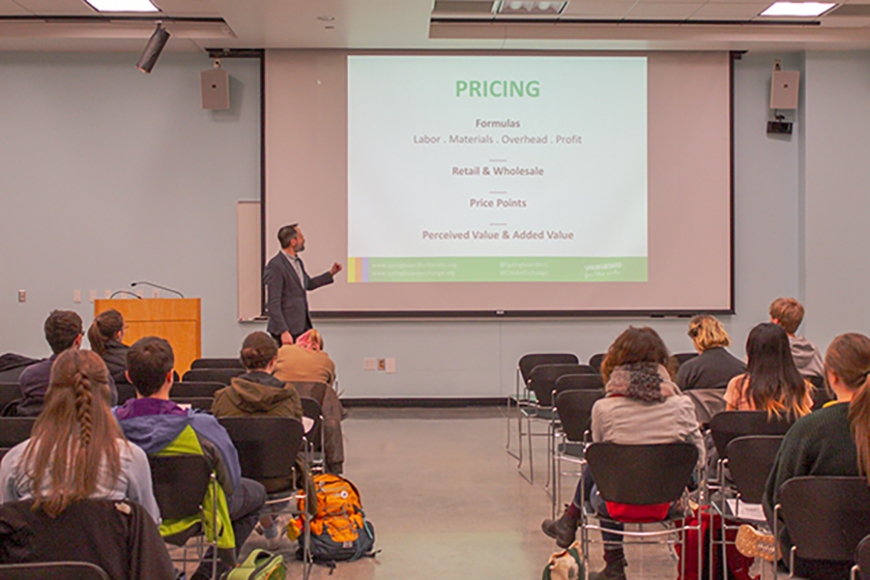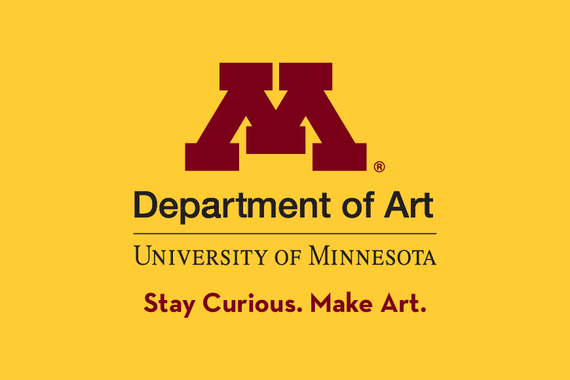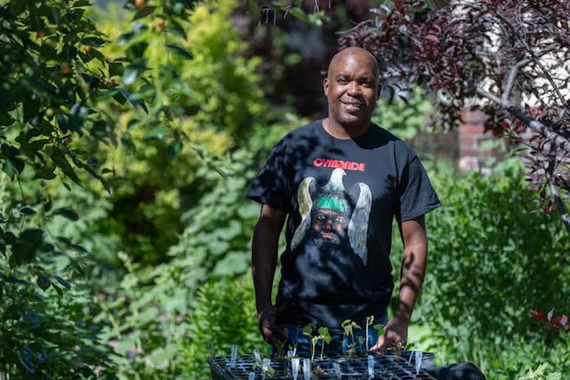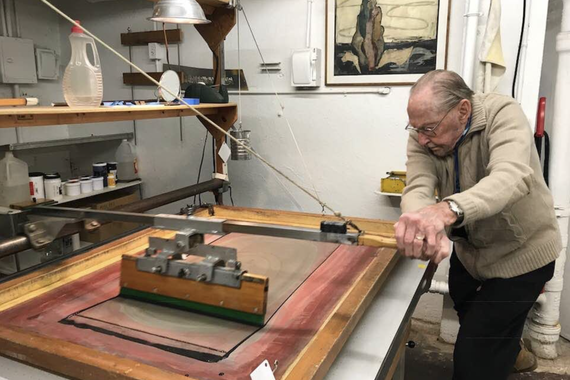Business-Centered Workshops for Artists Unites Departments, Communities
The west bank of campus is home to a cluster of CLA’s three most artistic departments: art, theatre arts & dance, and music. Despite differences in medium and focus, they have all voiced a similar need for business skills for their students. Springboard For The Arts, a community organization of artists that focuses on reciprocal relationships between communities and artists, has begun to fill this gap by hosting regular professional workshops on campus. After a successful launch in fall 2018, Springboard repeated the series with an expanded schedule of their spring workshops in order to reach more students and departments.
A Springboard Series
Springboard For The Art’s original workshop series, Work of Art: Business Skills for Artists, employs a professional development curriculum that teaches business and entrepreneurship skills—pricing, grant writing, funding, and business plan essentials—to artists of all disciplines, including literary, visual, and performing arts.
The twelve different workshops are offered to the larger creative community in the Twin Cities too, with all the materials readily available on the Springboard For The Arts’ website. For the purpose of bringing the series to campus this past fall, the number of workshops was reduced to six, although all the original material is still covered. Noah Keesecker, an alumnus of the University’s music program and a Springboard employee, teaches all of the Work of Art workshops he designed to both the community and the college.
This spring, the six workshops were presented again for free in the Influx Auditorium in the Regis Center for Art on the west bank. Occurring approximately once every other week, three workshops were held on Tuesday nights, and three were held on Friday afternoons.
The Benefits of Business
Chelsea Ochoa, the Career Services liaison to the art, theatre arts & dance, and music departments, says the workshop series was designed to provide students with the skills they need to succeed in the creative world. A broad study of art alumni, not specific to the University of Minnesota, showcases that while they are largely happy with their education, it didn’t provide them with skills related to business and entrepreneurship that they now find valuable in their careers. This was supplemented by testimony from faculty, administrators, and staff in visual and performing arts programs that students are expressing a greater need for information about topics like grant writing and learning how to price their work.
“There has been a lot of excitement about this workshop series from the people involved in its planning,” Ochoa explains. “The faculty and staff who have partnered with me to make this happen really see the value… and anyone working in a creative position can benefit from these workshops.” Ochoa recalls that students from a range of creative majors, from psychology to music therapy, attended the workshops.
At the conclusion of the 2018 fall workshops, attendees were given evaluations. 95 percent of students noted that they had learned skills that were not covered in their regular coursework—which is where Ochoa says the real value of the workshops lies. “They provide valuable training not typically included in arts curriculum,” she points out. “It's a fantastic opportunity.” The fall evaluations also revealed that 97 percent of students rated the quality of the workshops as either “good” or “excellent” and that 92 percent reported they had learned skills that would further their artistic careers.
A Program of Partnerships
The program was planned with the School of Music, the Department of Art, and the Department of Theatre Arts & Dance in mind, and it has been a uniting partnership on many levels. Ochoa has seen it further cooperation between the departments, bringing them together to discuss how students in their disciplines would benefit from a shared opportunity. Previously, Springboard has brought workshops to campus, but only individually and when funded by a single department. Ochoa notes that it is rare to have funding to bring community organizations to campus on this scale.
This workshop series is completely funded by a career readiness grant that Ochoa applied for on behalf of three departments. As one of CLA Dean John Coleman’s four roadmap goals, college-wide career readiness initiatives have been launched—including career readiness grants, which the college hopes will help students “articulate how a liberal arts education prepares you for your future career to yourself, and to your family and future employers.”
Ochoa’s goal for the second round of workshops is to “cast a wider net” and involve more students. “I know that there are students that aren’t formally majoring in these departments that have an interest in these topics or would want to have a side gig in some creative pursuit,” she states. “You could even take these skills and apply them to something non-artistic.”
This story was written by an undergraduate student in CLA.



